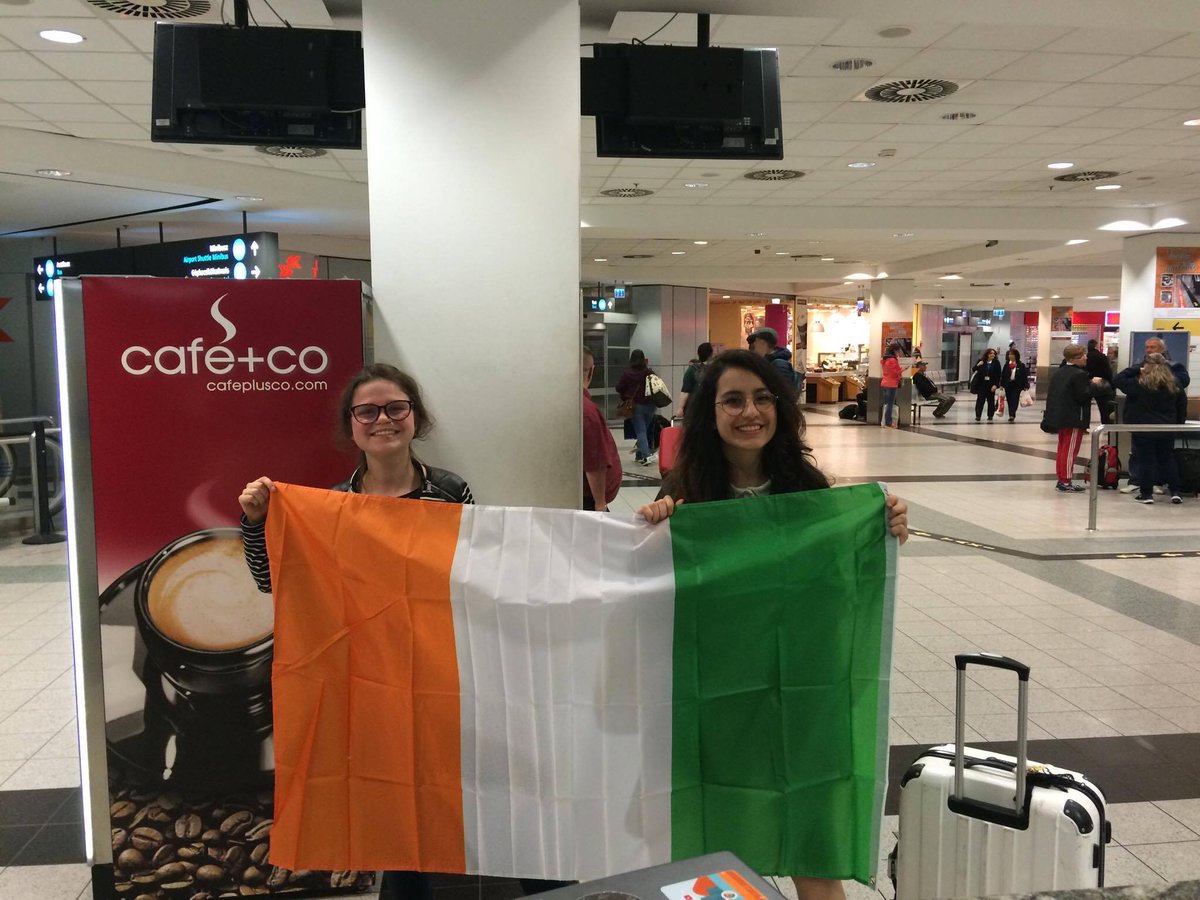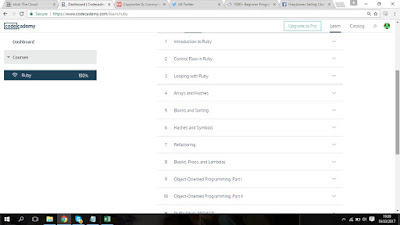I'm proud to announce proof that someone borrowed a book from the Physoc library this year: a few months ago, I took out The Pleasure of Finding Out.
 It's a collection of Feynman essays, interview transcripts and speech transcripts, covering topics from how Feynman learned the inquiring mindset to his work on the atomic bomb to his report on the Challenger shuttle disaster to nanotechnology and computing.
It's a collection of Feynman essays, interview transcripts and speech transcripts, covering topics from how Feynman learned the inquiring mindset to his work on the atomic bomb to his report on the Challenger shuttle disaster to nanotechnology and computing.
I have mixed feelings about it, I will say.
First of all, it didn't grab me. I picked it up and read a few pages, then put it down for weeks and then only finished it thanks to my flight from Budapest.
I did like his story of how his father, a uniform salesman, taught him to be scientific through walks in nature and having his son come up with and try to gather evidence about hypothesis. He had some interesting points to make about the Challenger explosion.
My favourite chapter was about his work in Los Alamos on the atomic bomb as the youngest scientist there. He talked about his love of lockpicking and how he used it to get into his colleagues’ drawers, how we impressed his superiors and wasn’t afraid to tell eminent scientists like Bohr that they were wrong, and how he saved the day with his prodigious memory (or as he said it, luck) when he saw a factory where they were preparing the uranium to be used in the bomb and, because the mission was classified and they hadn’t been told why they were making uranium, had stored way too much of it together so it was unsafe. He successfully fought with the military to get the people managing that factory, the chemists, in on it to fix that. I also enjoyed his stories of writing letters to his sick wife and their elaborate schemes to get them past the censors. His wife died of TB while he was at Los Alamos. I later read a beautiful letter he wrote to his wife, found after his own death, which includes the line “I love my wife. My wife is dead.”. You can read that letter here.
I quite liked his attitude to science, which he said was just because he enjoyed tinkering around with it and wasn’t for awards (he scorned the Nobel). He did science for science’s sake. It’s not quite my attitude (I do science to understand the world, so his reason, but also try channel it to where it can be most helpful to people e.g. diagnosing and curing diseases), but it was interesting to read about. I liked his point that we tend to confuse knowing the name of something with understanding it. If someone says "why do the north and south poles of these magnets attract each other?", you could say "magnetism", but that doesn't actually explain anything.
It was also funny when he mocked software developers/computer engineers/computer people for calling themselves computer scientists.
The book was soured for me by Feynman’s backwards social attitudes. He seemed like an altogether very unpleasant person, having no moral qualms about the atomic bomb and just considering it fun, and straight out saying he didn’t think girls could do linear algebra. He boasted about getting time to do his beloved physics by creating a reputation that he was unreliable and not helping with admissions committees etc. Sure, romantic, but making life harder for people around him. There was lots of other sexism throughout the book and “it was 1950!” just doesn’t cut it for me, because if he was smart enough to figure out quantum electrodynamics he should’ve been smart enough to figure out that women are people.
In summary: from the collection of essays I read, Feynman seems like someone with interesting and developed thoughts on scientific matters, but an unpleasant personality and set of beliefs, so I couldn't really get behind him.
















